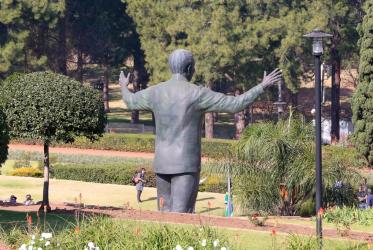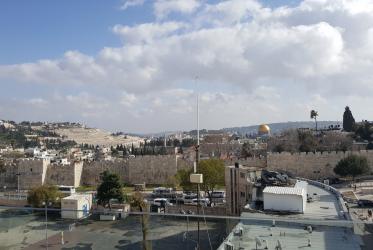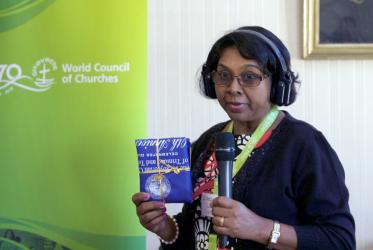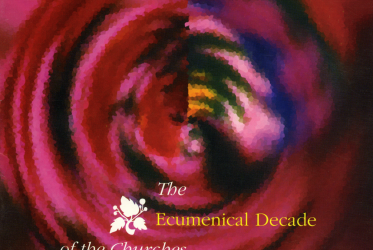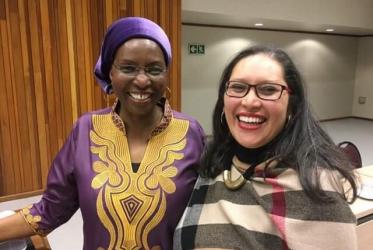Displaying 1 - 20 of 39
Churches in southern Africa stand against violence, xenophobia
10 October 2019
Workshop in Jamaica focuses on human rights
16 May 2019
Trinidad and Tobago church challenges plastic pollution
09 October 2018
WCC general secretary to visit Caribbean
28 September 2018
“Love will find a way”
23 August 2018
Diakonia: “a tool to reach abundance of life”
24 July 2018
Seven weeks of Lent highlight water justice in Latin America
12 February 2018
#WCC70: Churches as “freedom agents”
12 February 2018
"We have our work cut out for us"
10 August 2017




